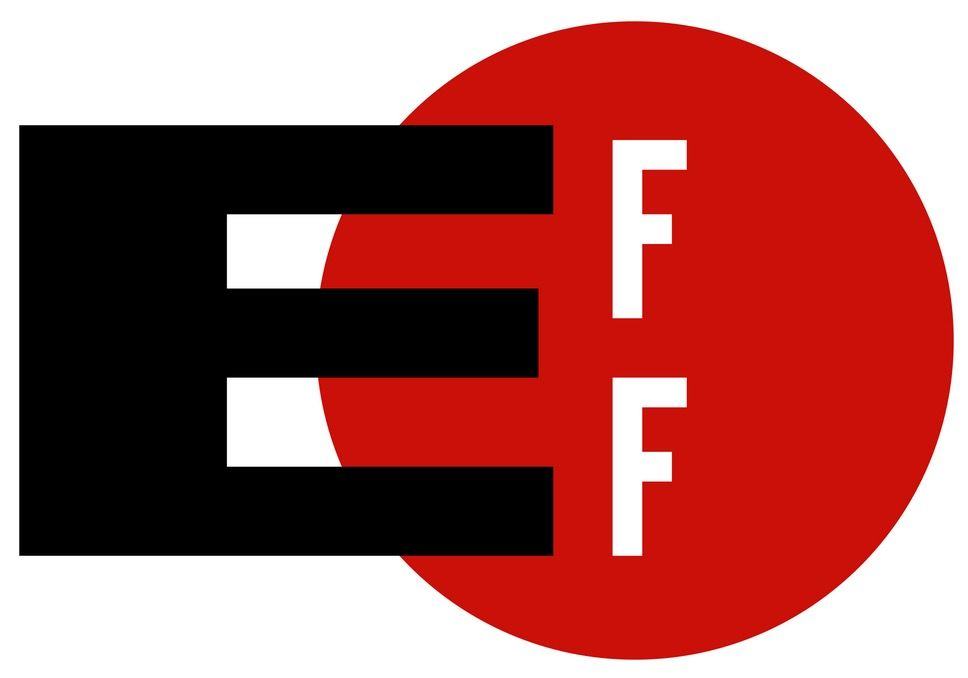The Electronic Frontier Foundation, or the EFF, fights the good fight. An international non-profit digital rights group, the nonprofit is famous for standing up against big companies who think they can use baseless legal threats or intimidation to deny users their rights. But now they are setting their sights on Apple. Who is right?
In a post over on their blog, the EFF explains why they will not be releasing their new EFF Mobile app, currently an Android-exclusive app, on the App Store. At issue are several terms in the Apple Developer Agreement that the EFF can not endorse.
The EFF lays out the issues at question:
Ban on Public Statements: Section 10.4 prohibits developers from making any “public statements” about the terms of the Agreement. This is particularly strange, since the Agreement itself is not “Apple Confidential Information” as defined in Section 10.1. So the terms are not confidential, but developers are contractually forbidden from speaking “publicly” about them.
Ban on Reverse Engineering: Section 2.6 prohibits any reverse engineering (including the kinds of reverse engineering for interoperability that courts have recognized as a fair use under copyright law), as well as anything that would “enable others” to reverse engineer, the software development kit (SDK) or iPhone OS.
App Store Only: Section 7.3 makes it clear that any applications developed using Apple’s SDK may only be publicly distributed through the App Store, and that Apple can reject an app for any reason, even if it meets all the formal requirements disclosed by Apple. So if you use the SDK and your app is rejected by Apple, you’re prohibited from distributing it through competing app stores like Cydia.
No Tinkering with Any Apple Products: Section 3.2(e) is the “ban on jailbreaking” provision that appears to prohibit developers from tinkering with any Apple software or technology, not just the iPhone, or “enabling others to do so.”
Apple Owns Your Security: Section 6.1 explains that Apple has to approve any bug fixes or security releases. If Apple does not approve such updates very quickly, this requirement could put many people in jeopardy.
Kill Your App Any Time: Section 8 makes it clear that Apple can “revoke the digital certificate of any of Your Applications at any time.” Steve Jobs once confirmed that Apple can remotely disable apps, even after they have been installed by users. This contract provision would appear to allow that.
The EFF says, rightly, that many other developers “hold their nose and sign the agreement despite these onerous conditions, and that’s understandable.” But as a legal entity, the EFF needs to hold itself to a higher standard, which means it can’t cave to unfair and wrongful conditions the likes of which Apple regularly imposes upon its users.
What do you think? Is the EFF right, or is this all overblown? Let us know in the comments.
Source: EFF


